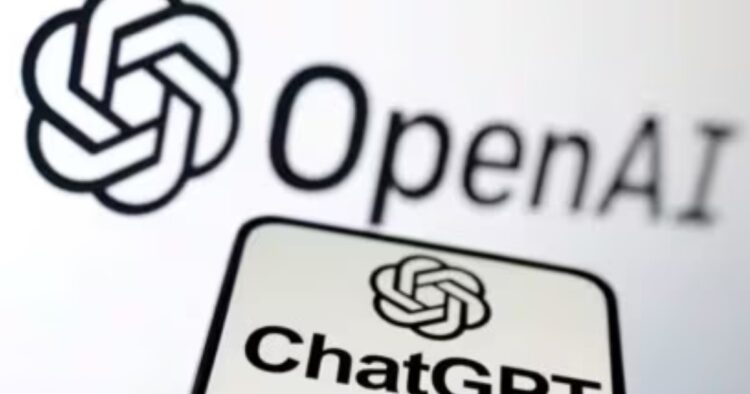OpenAI, the company behind the popular ChatGPT, announced on Thursday that it will offer discounts on its corporate ChatGPT subscriptions to nonprofit organizations. This move is part of OpenAI’s strategy to increase sales of its AI product to large enterprises.
Large nonprofit organizations can now get a 50% discount on the enterprise-grade version of ChatGPT. Smaller nonprofits using ChatGPT Team will be charged $20 per month per user, which is less than the regular price of $25 or $30 per month.
ChatGPT became widely popular after its release in November 2022. It quickly gained 100 million users by helping people with various tasks, such as writing and coding. Recently, OpenAI has been focusing on selling its ChatGPT enterprise product to large organizations to make it a significant part of its revenue.
Additionally, OpenAI announced a partnership with the International Rescue Committee (IRC) on Thursday. OpenAI has given $250,000 to the IRC, a nonprofit based in New York that aids people affected by humanitarian crises like the war in Ukraine.
This grant will support the development of an education chatbot using OpenAI technology to help teachers in crisis areas.
ALSO READ: “Insights into OpenAI’s Use of YouTube Videos to Train GPT-4”
The chatbot, named aprendIA, is currently being tested in places like Bangladesh and Nigeria. As per the IRC, 224 million school-aged and preschool-aged children are affected by crises around the world. In conflict and crisis zones, teachers often lack the resources needed to support children who face unique challenges.
The IRC stated that aprendIA will allow educators to create interactive and personalized teaching materials that can be adapted to various humanitarian contexts. To reach more people globally, the IRC plans to make the chatbot available on low-tech devices and integrate it into existing chat platforms like WhatsApp and Facebook Messenger in multiple languages.
This initiative aims to provide better educational support to children in crisis areas, ensuring they have access to quality education despite the challenging circumstances they face.

















Comments